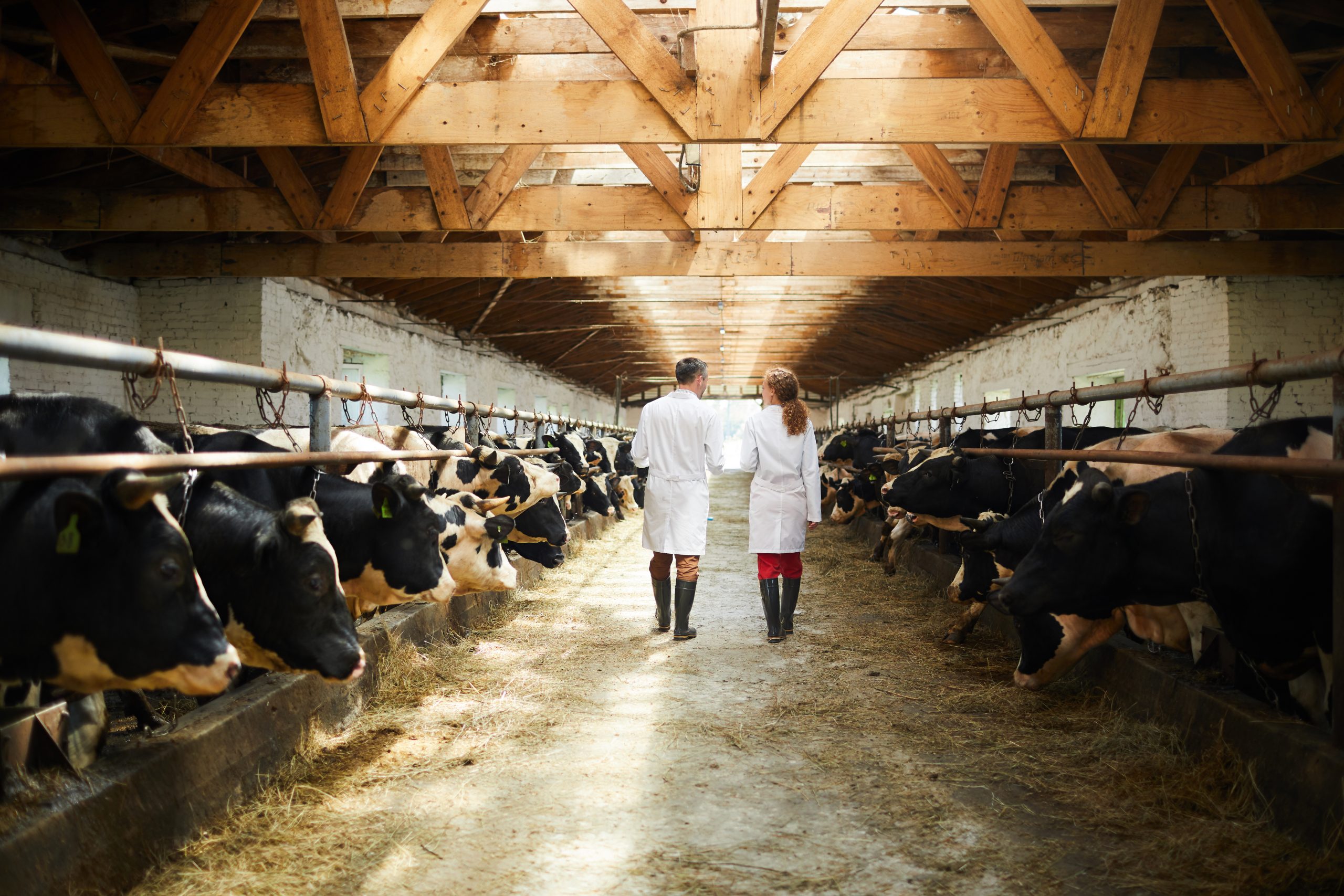Throughout the COVID-19 lockdown, essential workers have cared for our sick, produced our food, stocked our grocery stores, and cleared our waste. They have kept life going during this pandemic. In the United States all food system employees, from farm workers to meat packers to grocery clerks, have been declared essential workers. These workers, who are disproportionately from minority communities, have shown how critical they are to our national survival. We owe these essential workers, who are at the frontlines of this pandemic, a livable wage, safe working environments and the recourse to address workplace grievances.
Meatpacking plants around the world have been particularly hard hit by the pandemic with Covid-19 clusters appearing at plants in the United States, Canada, Spain, Brazil and Australia. The cramped work conditions, cold temperatures and long hours have meant that workers at these plants are at a higher risk of contracting the novel coronavirus. Recent figures from American news sources show that there have been at least 34,000 reported positive cases and 130 worker deaths due to COVID-19 in meatpacking plants across the United States.
In the US just six companies control two-thirds of the country’s meat production. This has made the entire supply chain vulnerable to just a few plant closures. John Tyson, the chairman of Tyson Foods, highlighted this problem, taking out full-page ads in The New York Times and The Washington Post where he warned that “the food supply chain is breaking.” The White House took heed of his warning, with President Donald Trump signing an executive order that compelled meatpacking plants to remain open under the Defense Production Act.
The United Food and Commercial Workers International Union (UFCW), America’s largest meatpacking workers union, called on the White House to ensure that worker health and safety is protected in light of its executive order. In their statement they highlighted the importance of providing workers with access to the highest level of Personal Protective Equipment (PPE), enforcing physical distancing at all plants and ensuring that daily testing is available to workers and their communities. The UFCW also highlighted the need for a reliable monitoring system to ensure these practices are being implemented:
“…[T]o protect the food supply and ensure these safety standards for workers are enforced, these plants must be constantly monitored by federal inspectors and workers must have access to representation to ensure their rights are not violated.”
Occupational Safety and Health Administration (OSHA) – the US federal agency in charge of worker safety – has published guidance on preparing workplaces for COVID-19. The development of policies and procedures which allow employees to report when they are sick or experiencing symptoms of COVID-19 is one of the key guidelines in OSHA’s report. The monitoring of factory safety standards and the reporting of COVID-19 symptoms can both be facilitated through the use of mobile technology and two-way engagement and communication platforms.
Mobile technology is already playing an important role in navigating this pandemic. COVID-19 contact tracing apps are being used around the world with Australia being one of the first to release one and Canada also recently following suit. Despite the privacy and security concerns raised by these apps they have been hugely popular with the one in India being downloaded over 50 million times in the first 13 days of release. Building on that success mobile technology can also be used to address the worker health and safety concerns that this pandemic is intensifying.
The pandemic has highlighted the fragility of the meat supply chain and revealed systemic problems in how food is produced and distributed. The food industry is being seen as a canary in the coal mine in terms of managing worker safety and engagement. The lines of communication must remain open so that employees feel safe to express their concerns without the fear of losing their jobs. Unions such as the UFCW have already implemented mobile and web-based technologies that allow their members to report on workplace health and safety issues. Real-time feedback on the health and psychological wellbeing of essential workers will take on added significance in this environment. By leveraging mobile technology, employers can receive the worker feedback needed to be proactive and respond to concerns.
This pandemic has made it clear that the market alone cannot be allowed to make decisions that affect our communities so deeply. The global economy requires a shift toward a worker and community-centered management system that will help improve business and social resilience. Mobile technology with its democratizing potential can help make that shift possible.

